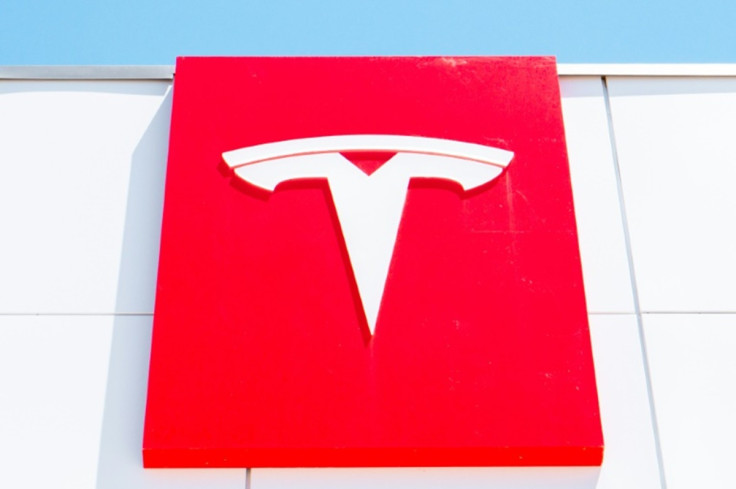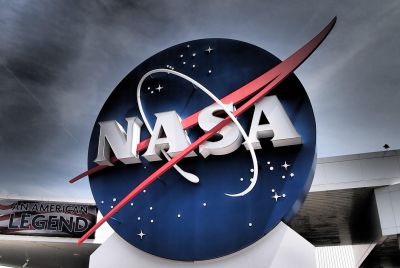Tesla Pi Phone With Starlink Network Debunked By Elon Musk - But Why Does The Rumour Persist?
Viral claims suggest Tesla is secretly developing a £587 smartphone that connects directly to Starlink satellites, but verified sources say otherwise.

Rumours surrounding the so-called Tesla Pi Phone have once again swept across social media, fuelled by claims that Elon Musk is preparing to disrupt the global telecommunications industry. One video that continues to spark the speculation alleged that Tesla is developing a £587 (approximately $789) smartphone that would connect directly to SpaceX's Starlink network, removing the need for traditional mobile carriers.
The video suggested that the device could replace not just the iPhone, but the entire internet service structure as we know it.
The Birth of a Viral Claim
A YouTube channel called 'Tesla Car World' released a video asserting that Tesla had secretly designed a smartphone with lifetime free Starlink connectivity. According to the video, the Pi Phone would eliminate the need for SIM cards or monthly payments while offering uninterrupted global coverage. The supposed handset was described as featuring a 6,499 mAh battery capable of lasting up to five days on a single charge, built with aerospace-grade titanium and a nano-ceramic coating for durability.
It also alleged that the device would integrate seamlessly into Musk's ecosystem of products, connecting electric vehicles, home energy systems, and satellites. Viewers were told that this innovation had the potential to 'upend the $1.7 trillion US telecommunications industry' and send shockwaves through major companies like Apple and AT&T. Within hours of publication, the video had spread widely across multiple platforms, gaining over 23,000 views and fuelling online debate about the credibility of the claims.
Apple Comparisons and Tech Rivalry
Part of the video's virality stemmed from its direct comparison between the Tesla Pi Phone and one of Apple's latest releases, the iPhone 17 Air. The video claimed that Apple's thinnest iPhone yet, measuring just 5.66mm and weighing 165g, suffered from poor durability, heat issues, and disappointing sales. Critics were said to have highlighted its limited battery life, camera issues, and lack of 5G millimetre-wave support.
The narrative positioned Musk as Apple's challenger, portraying the Tesla Pi Phone as a device that could correct what Apple had failed to deliver. The alleged £789 smartphone was said to provide superior battery life, unmatched durability, and free global Starlink internet, all key selling points meant to attract attention. But as interest grew, so did the confusion surrounding whether Tesla had ever announced such a product in the first place.
What Elon Musk Has Actually Said
Elon Musk has never confirmed the existence of the Tesla Pi Phone. In fact, he has publicly dismissed such rumours in the past, labelling them false. During an earnings call, Musk clarified that while Tesla aims to build a connected ecosystem spanning electric vehicles, renewable energy, and AI, it does not currently have plans to enter the smartphone market.
The rumours appear to have resurfaced from Musk's 2022 statement on X (formerly Twitter), where he jokingly said that if Apple restricted Tesla's access to its App Store, he might consider developing his own phone. Since then, online speculation has frequently re-emerged, misinterpreting the remark as evidence of an actual device in progress. According to Reuters and other verified sources, there is no credible documentation, patent filing, or production information to suggest that Tesla is manufacturing a smartphone.
Starlink and the Appeal of Free Connectivity
Part of the rumour's endurance lies in the real capabilities of Starlink, SpaceX's satellite internet service. Starlink currently operates over 7,800 satellites in orbit, serving around seven million users globally, with plans to expand to 42,000 satellites by 2027. The service provides reliable broadband in remote areas where traditional mobile networks are limited, fuelling speculation about its potential for global device integration.
The idea of a smartphone offering free lifetime connectivity is understandably appealing. The average American reportedly spends about £820 (approximately $1,000) annually on mobile and internet services, meaning the promise of cost-free data could save thousands over time. However, experts note that such a business model would be unsustainable for Starlink's operations, which rely on subscription fees to maintain satellite infrastructure and coverage.
Why the Rumour Persists
Despite being debunked multiple times, the Tesla Pi Phone story continues to circulate. In the absence of official confirmation, the Pi Phone remains nothing more than a digital myth. No verified announcements, prototypes, or filings support the existence of such a device, and Musk himself has denied the reports. For now, the Tesla Pi Phone lives on only as a viral story: one that continues to reflect how easily speculative technology can capture the imagination of millions online.
© Copyright IBTimes 2025. All rights reserved.




















